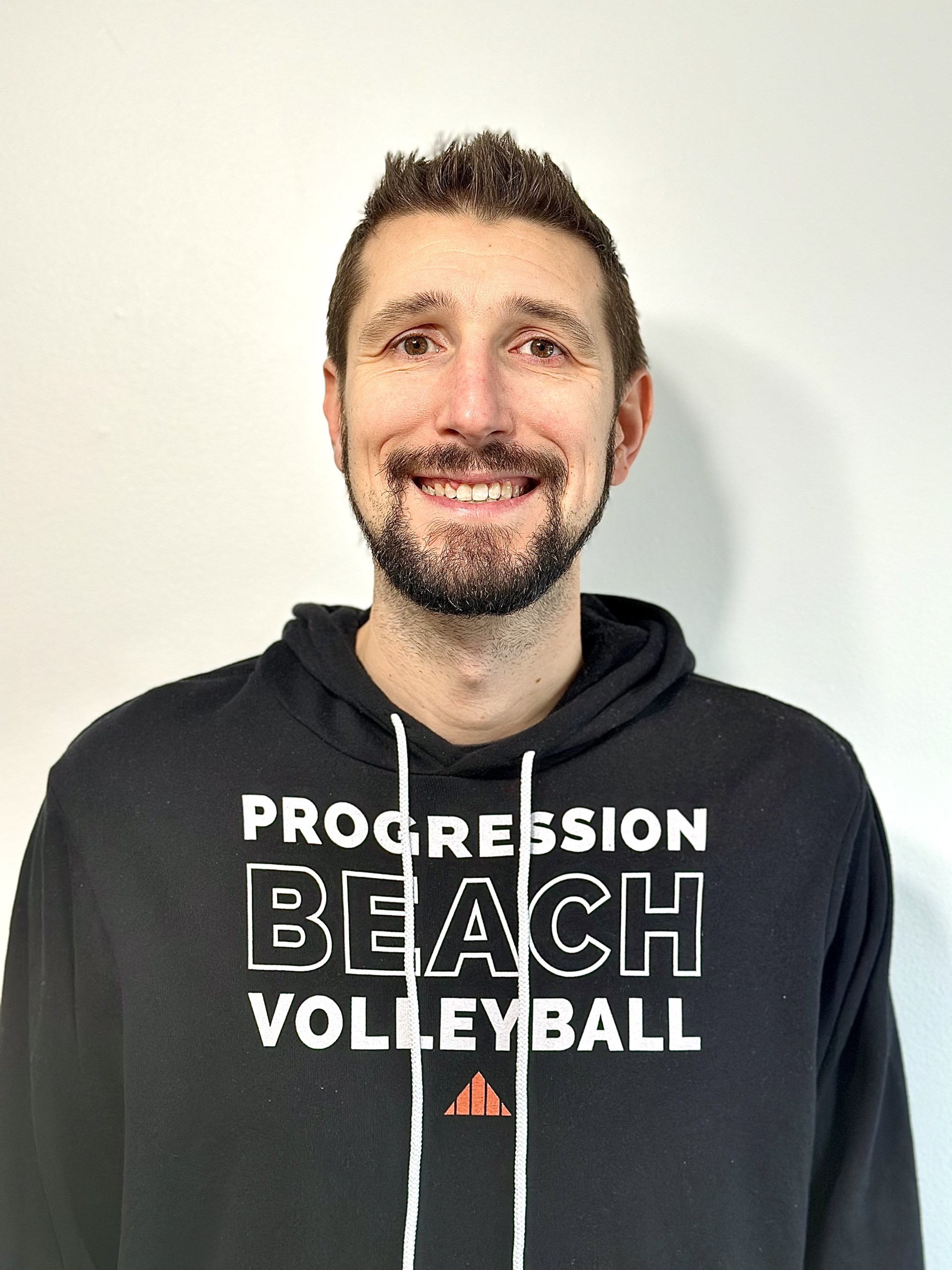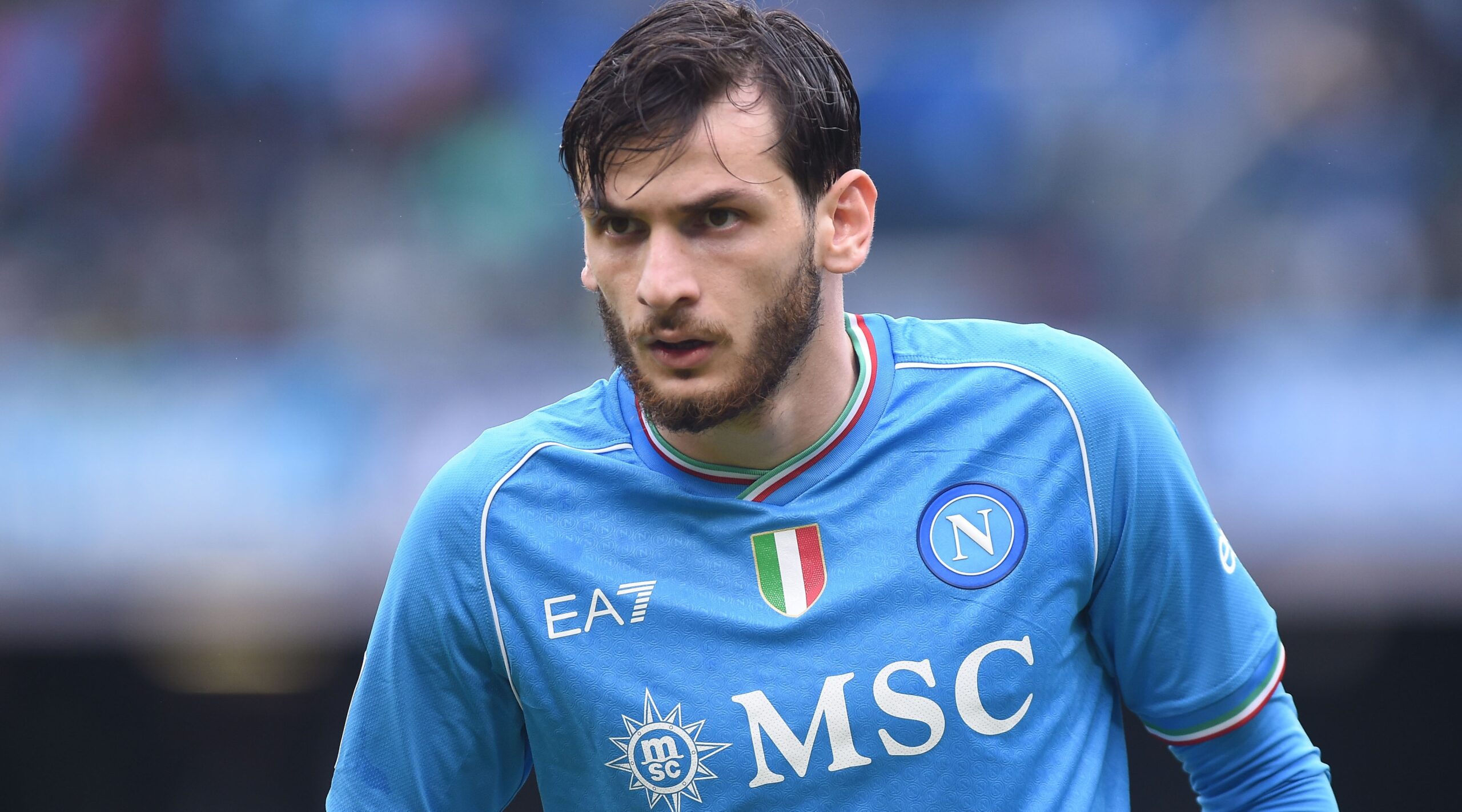Dear Volleyball Coaches, Players, and Parents,
My father was the best youth sports coach I ever played for. I am 22 years into my coaching career. I have had the privilege of collaborating with world-class coaches and athletes. But I always found myself going back to his philosophy when it came to coaching my kids:
“For many kids, youth sports will provide their first experience with failure. Teaching them how to work through that will help them navigate their educations, relationships, and careers.”
That is a valuable lesson in any sport – in volleyball it is incredibly important. According to bvbinfo, the last two female gold medalist pairs lost 46% of their plays the year they were the top teams on the planet. Volleyball can teach kids that losing is inevitable. It does not define them – but how they respond to that adversity will make all the difference.
For my first 12 years of coaching, I witnessed environments that I felt were backwards. Players were treated good or bad solely on their contributions. Athletes who were in the developmental phase of their careers were being taught “If you don’t bring the same value as their bigger/faster/stronger peers, you are not worthy of the same opportunities for growth”.
I’ve watched confident hard-working kids get destroyed by youth sports coaches who were unqualified to know what their players needed to find their personal best. And I worry: What happens to these athletes when they have a passion for things where they’re not naturally gifted?
Youth sports are in a weird place. On the one hand, the annual revenue and participation numbers are booming. Anyone who has financial stake in youth sports is feeling very good about where they’re at.
On the other hand, there is more pressure on our athletes than ever before. Athletes are being asked to specialize as early as 10-11 years old, even though sports scientists say this isn’t necessarily what’s best for them. Off-seasons in our area have disappeared, and any high school athlete playing both travel ball and high school will get no off-season for four straight years. The money isn’t going back into the product, and the % of unqualified coaches continues to rise. These factors are having a negative impact on a good chunk of our athletes. I believe it doesn’t get addressed because by the time most families realize it, they’re on the tail end of their career and programs are focusing on marketing to the next generation of athletes who will face a similar path.
I have been a bit of a lone nut for the last decade as I created a program with the goal of making sure every athlete got the same opportunity for growth. It comes with challenges, but as a whole I feel we’ve succeeded. We have 30 athletes that have gone on to play in college. But I take just as much pride in my athletes who came to our program with very low-self-esteem, and by the time they left we had them believing in the best versions of themselves – or at least working actively towards that.
No kids held back; no kids left behind.
I talk to a lot of parents and players. Behind the curtain, anxiety, depression, suicidal ideation are as prevalent as they’ve ever been. And it’s at all levels – some of the athletes carrying some of the heaviest burdens are ones on the surface you’d think were in the best place.
They read articles that talk about how important travel tournaments are, the importance of recruiting services or “being noticed”, and various pay-to-use services that are supposed to help with one’s journey. They come off as “If you just do A/B/C, you’ll be able to play in college”.
But we always seem to sidestep the reality that roughly 19 out of 20 athletes that make their high school teams will not play in college. Or how much the individual’s development matters. Or how quality of reps is equally important to quantity of participation. So many kids are playing year-round and traveling, but they’re getting in front of college coaches with skills that aren’t good enough, and a lack of athleticism that won’t translate successfully to the next level.
I agreed to write for Volleyball Mag because the powers-that-be are giving me the opportunity to write without restrictions. Being direct, I want to become the platform that I struggled to find. I have gotten in front of some titans in our sport, and while off-the-record they agree with a lot of what I’m saying above, in the end what’s best for families isn’t necessarily what’s best for business, and so they wish me luck as we go separate ways.
So no matter where you are on the spectrum of juniors volleyball, I want to write pieces that you can connect with. I look forward to using my voice here to lift others up. I want to bring awareness to those that feel they aren’t represented. I want to bring attention to groups who are offering healthy alternatives to the current norms but may not get the proper recognition for what they do. I want to offer college guidance that is still valuable for roughly 94% of you that won’t play in college.
Every kid I work with is unique in their goals and willingness to commit to them. I hope to use this platform to bring awareness that in 2025, one size fits one in youth sports. I look forward to receiving feedback and making sure that if people are looking for information on certain topics, we’re bringing you valuable content that addresses it.
Simply put, I want to write youth sports articles that prioritize the youth. If this sounds like something you can benefit from, I hope you’ll join me on this journey.
Until next time, be good to yourselves, be good to each other,
Coach Bryan


